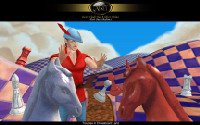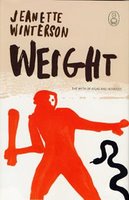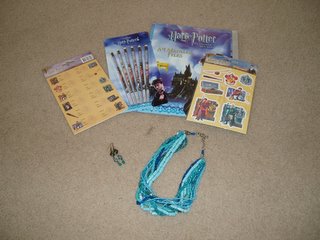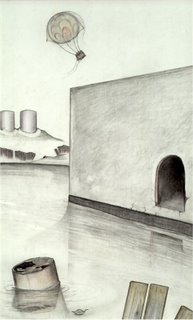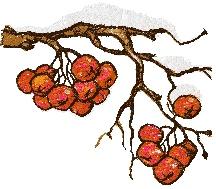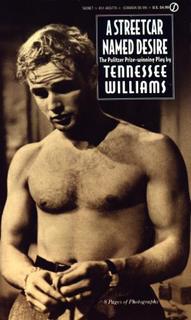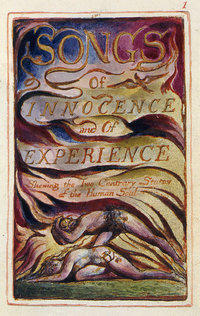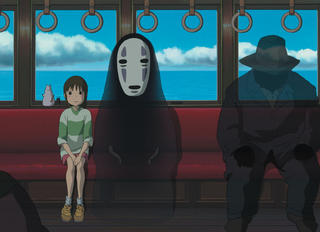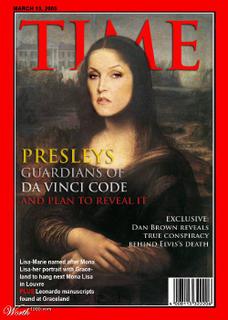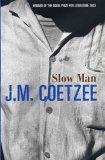This is the one song everyone
would like to learn: the song
that is irresistible:
the song that forces men
to leap overboard in squadrons
even though they see the beached skulls
the song nobody knows
because anyone who has heard it
is dead, and the others can’t remember.
-M. Atwood, "Siren Song"
***
“Why don’t they ever notice until it is too late?”
“Who?”
“The victims.”
“They do notice, they just think that they are strong enough to resist it.”
“Haven’t they heard the stories?”
“The stories are part of the charm. They all want to prove that they are stronger than the one who came before.”
“Why? Why don’t they take the safe route across the bay, instead of coming along the coastline? The only dangers that they have to watch for in the bay are the sharks and the sea monsters. Those dangers are far less than what they face here.”
“They are adventurers. They think that everything on this earth can be conquered by them, and that they are invincible.”
“They are wrong though, aren’t they?”
“Yes, they are wrong.”
“I wonder what it would be like to be one of them.”
“Why would you want to waste time wondering that? It would be awful not to be able to control your own thoughts and desires.”
Yes, I know you must be right, but I would still like to meet one of them one day, and ask them why they continue to come.”
“Well, that will never happen, none of them will ever make it here alive.”
“I used to watch them and think that the next one would be the one to make it, that the next one would be the one to overcome the danger. I don’t think that any more, I have found too many of them washed up on the rocks.”
“You need to stop thinking of them as something to value, as something to want to keep. They are just like tiny grains of sand. There are piles and piles of them, and they will keep coming, no matter how many are lost. You can’t lose sleep over it. Many of them would still be lost, even if we were not here. Our contribution really makes little difference.”
“Yes, I know. I just wish...”
“I used to be like you, when I was just starting out. But I became numb after a time. You will too, once you have seen a few more drownings.”
“Look, here comes one now. See the little speck on the horizon? I love it when they appear at sunset, they look so pretty against the red and purple stripes that cross the sky.”
“It is a large one too, it must be carrying a lot of them.”
“It has pretty sails, don’t you think?”
“Come on, it is time.”
“Oh, can’t we just wait a moment longer? I want to be able to see their faces.”
“That is enough of that kind of talk, it is time to concentrate now. You will never make it in our profession if you are too busy watching the victims to put your heart into your song.”
“I am sorry, it’s just so exciting. I can hardly believe that I am finally going to get the chance to put everything that I have learnt from you and the elders into practice. You are such a good teacher that I am sure that I will succeed on my very first attempt. Can you sing first, please? I want to watch.”
“Alright, but pay attention. You still have a lot to learn.”
“Can you use Apollo’s melody today? His is the most beautiful of all.”
“Hush, be quiet. I am going to begin now.”
“The ship is coming closer, I can make them out now. They are all standing on the deck, looking at us. I love it when I can see the wonder on their faces. I think the one in red will dive first, he is looking at us like he has been searching for us all his life. I can tell by the light in his eyes, they all get that light in their eyes before they go. He has made up his mind now, he is standing on the edge. Oh, he looks so handsome with the wind rushing through his dark hair, and his muscles straining against the ones that are trying to hold him back. He is in the air now. He looks so free, like he is flying. His red shirt is rippling in the wind as he falls. He is in the water now, he is swimming towards us. Oh sister, I really think that he might be the one to make it, he is so much stronger and more handsome than the ones who have come before. If he makes it, can he be mine? I will warm him with my songs and feed him the delicious golden apples that grow on our island. No, do not stop singing sister, he will drown if you do! Oh no, the waves are getting bigger now, they are crashing over his head, and making his ebony hair drip down over his shoulders. The freezing, tossing waves are turning his beautiful lips blue. I wish that I could go out there and get him and warm up his lips and pull him into the shore. Why can’t I sister, just this once? No, don’t stop singing, he will drown! His arms are getting weaker now, his strokes are slowing down. The look in his eyes is so desperate, as if he knows what is going to happen to him. I wish I could spare him that, at least. Oh, the sea has swallowed him, the weight of the water is pulling him down to the seabed below. He is fighting it, he has come up again. I can see his head bobbing amongst the waves. Isn’t he brave? No, don’t answer me sister, keep singing! He has sunk again… keep singing sister, and he will resurface!”
“It is finished now. He will not return to the surface. It is over.”
“No, don’t say that! He has not been under too long, he could still make it! Please, sing Apollo’s melody again!”
“That would not help, it is too late. They all succumb to it in the end. It just took this one a little longer than usual, that is all.”
“Why didn’t you tell me it would be like this, why didn’t you warn me? How could you let this happen, time after time? Is this what we train for, for years on end? You have spent hours teaching me the most beautiful melodies ever created. All for this… this horror! Why do we use something so beautiful to kill, and to destroy? Didn’t you see his face? He knew, at the end, that he was going to die! All he wanted was to be closer to the beauty of this place, and we let the music kill him!”
“That was not all he wanted, sister. I know that it is hard to come to terms with at first, and I know what it is like to sometimes feel a connection to them, but this is the way of our world. This is the way it has always been, and always will be for us.”
“It just hurts so much. I really wanted this one to make it.”
“We all want that at some point along the line. You will get over it in time, we all do. Soon they will all blur together, and become one and the same. Then you will not feel sad, and you can concentrate on producing the most beautiful, evocative melody that you possibly can. That is what your job is. That is what you were born to do. It is sad, but that is life, and soon you will see that it can be beautiful too. Come, let us go and wait for him to wash up on the rocks.”
“What about the rest of them?”
“We will leave them for now. You have had enough excitement for one day. They will come back another day, they always do. We will sing to them when they return.”
“Can I sing for the next one?”
“Maybe. We will see. Come. Hurry, or else the mermaids will steal him from the rocks before you can say goodbye. They are very sneaky that way. You are lucky that you were not born to be one of them.”
“I know.”
 (I stumbled across this short piece that I wrote for an exercise in a writing workshop a couple of years ago. We had to describe a drowning using only dialogue. It later turned into a story, but this is its 'raw' form. Just felt like putting some writing out there.)
(I stumbled across this short piece that I wrote for an exercise in a writing workshop a couple of years ago. We had to describe a drowning using only dialogue. It later turned into a story, but this is its 'raw' form. Just felt like putting some writing out there.)
